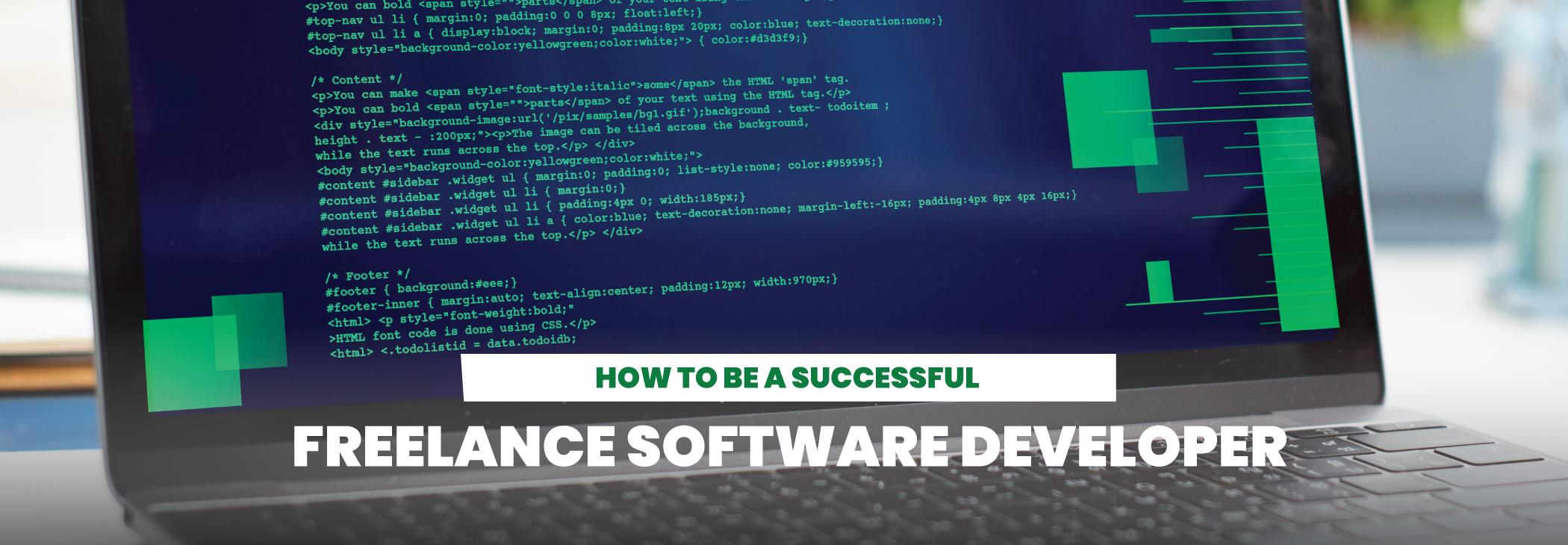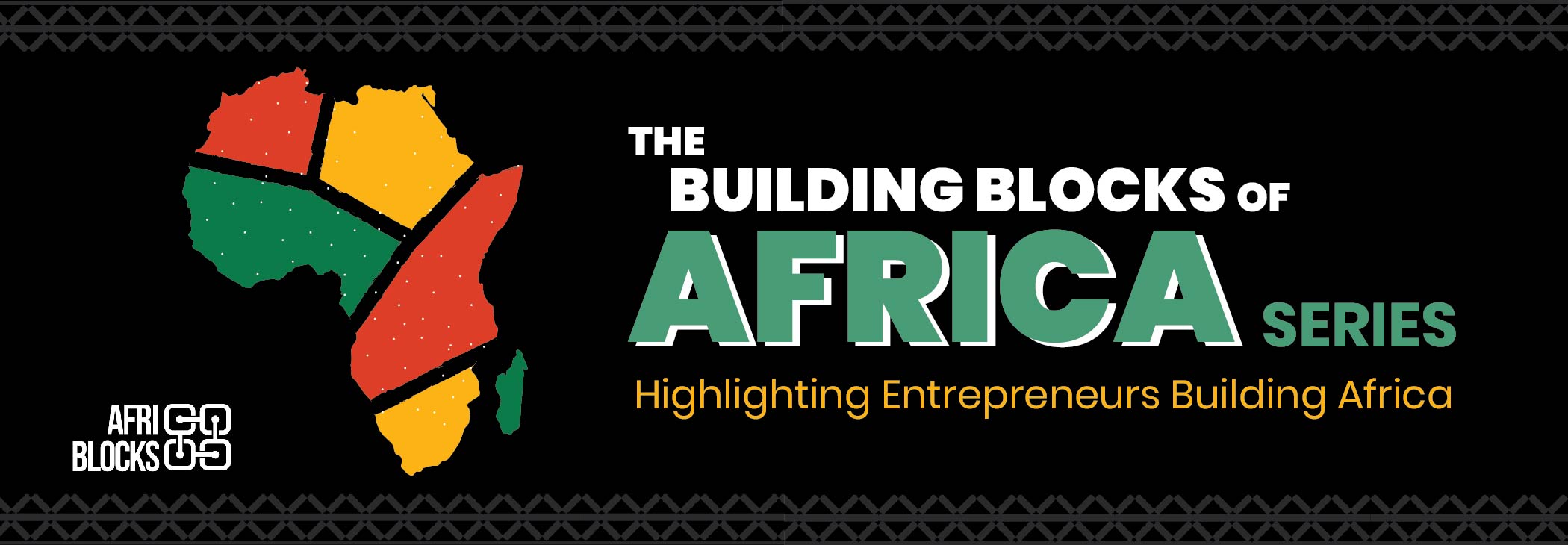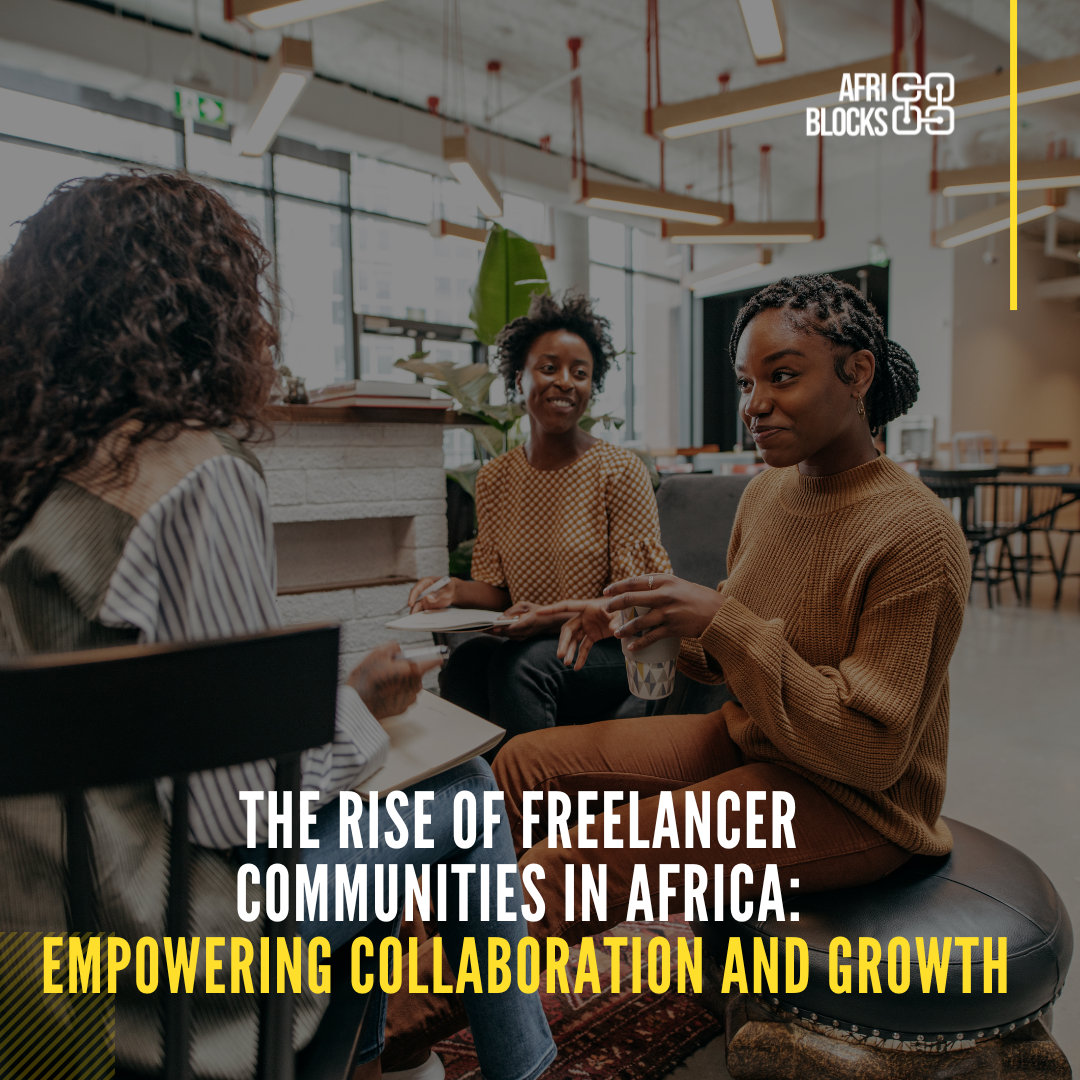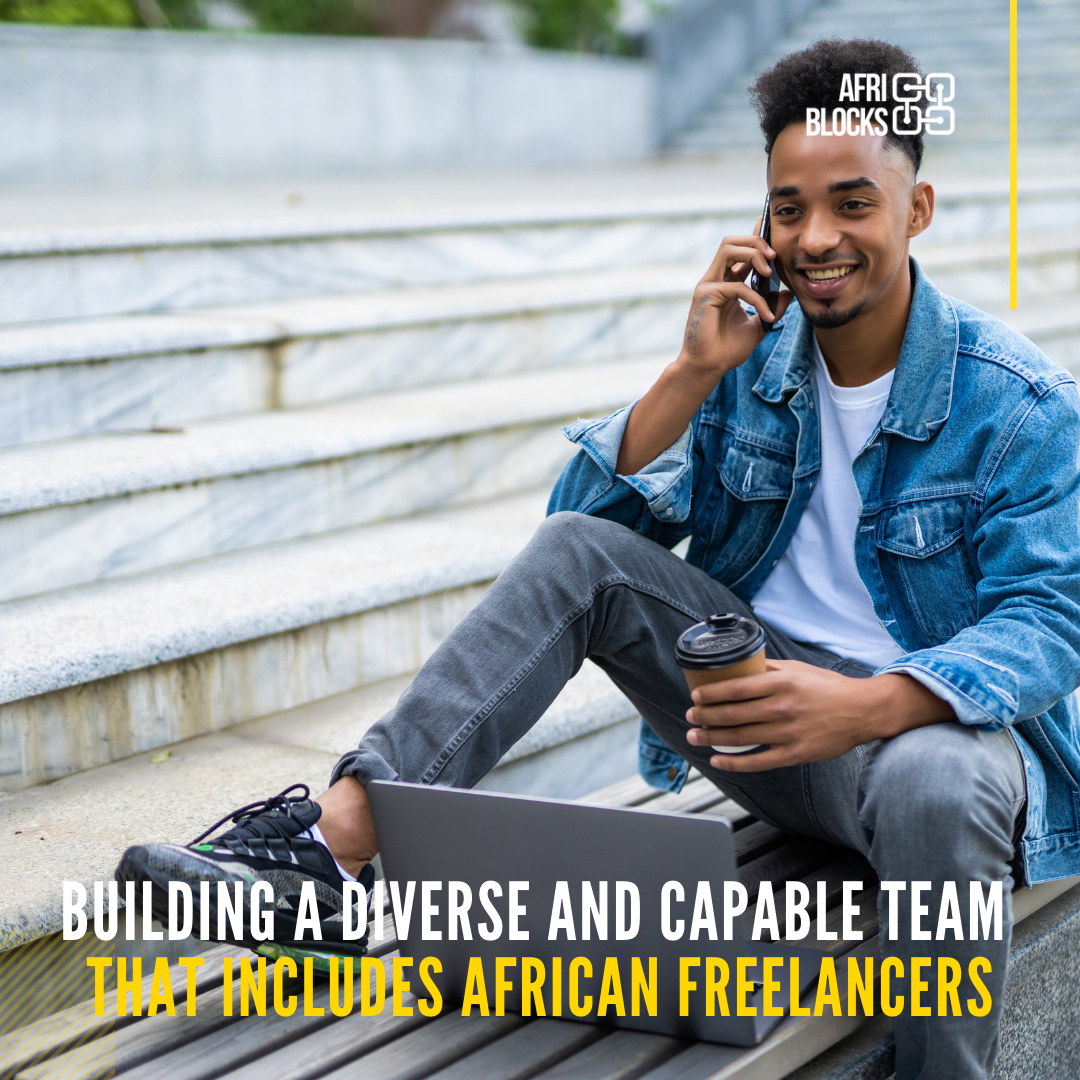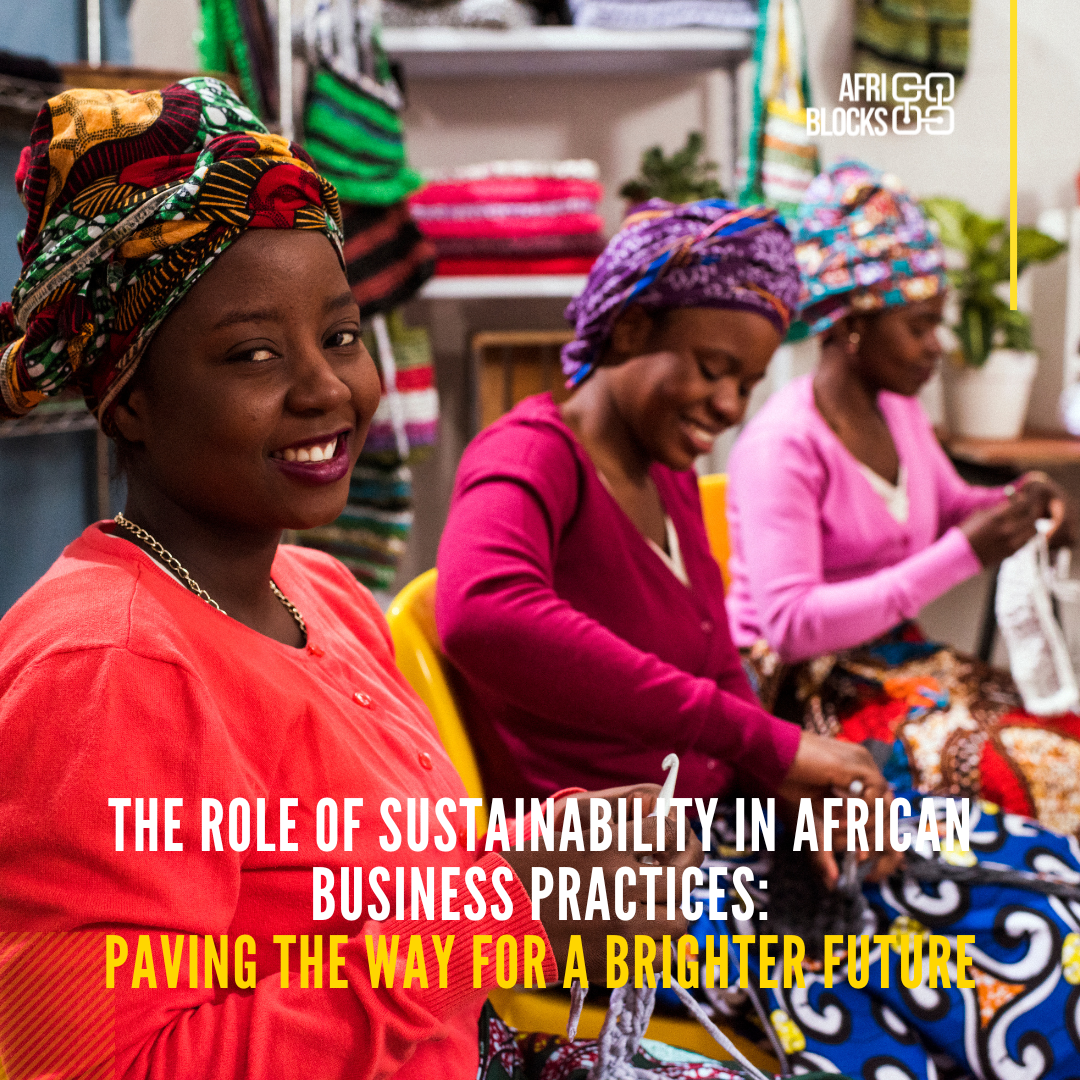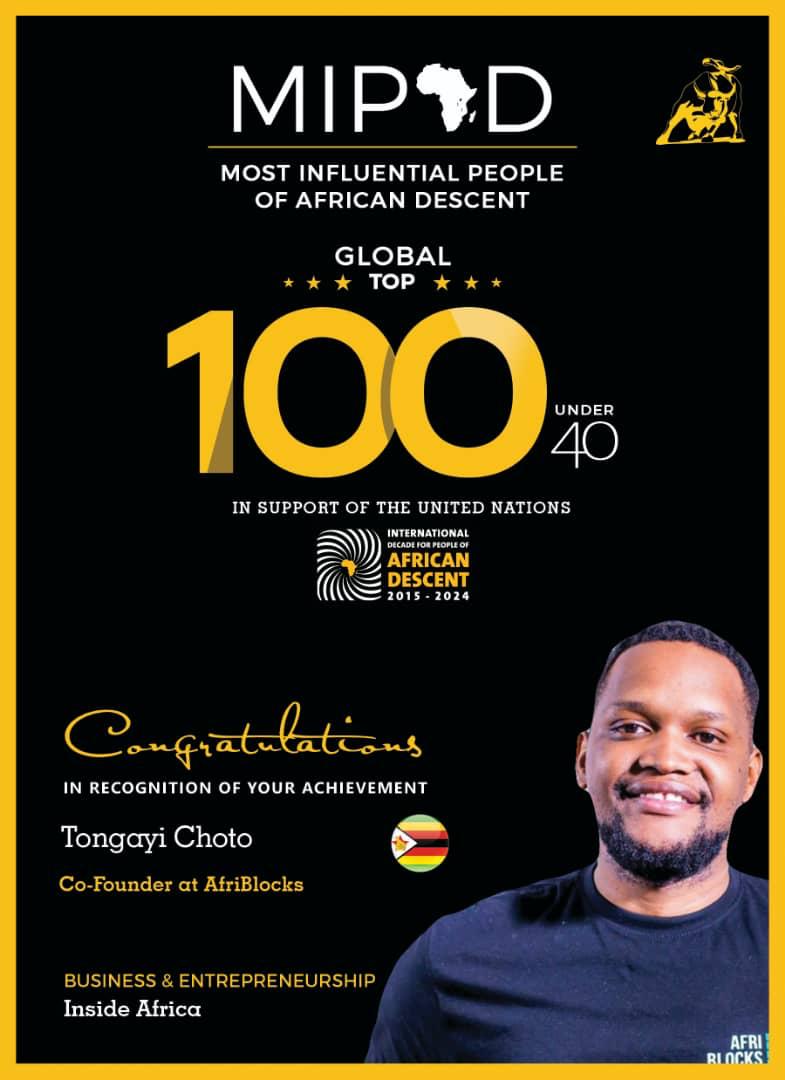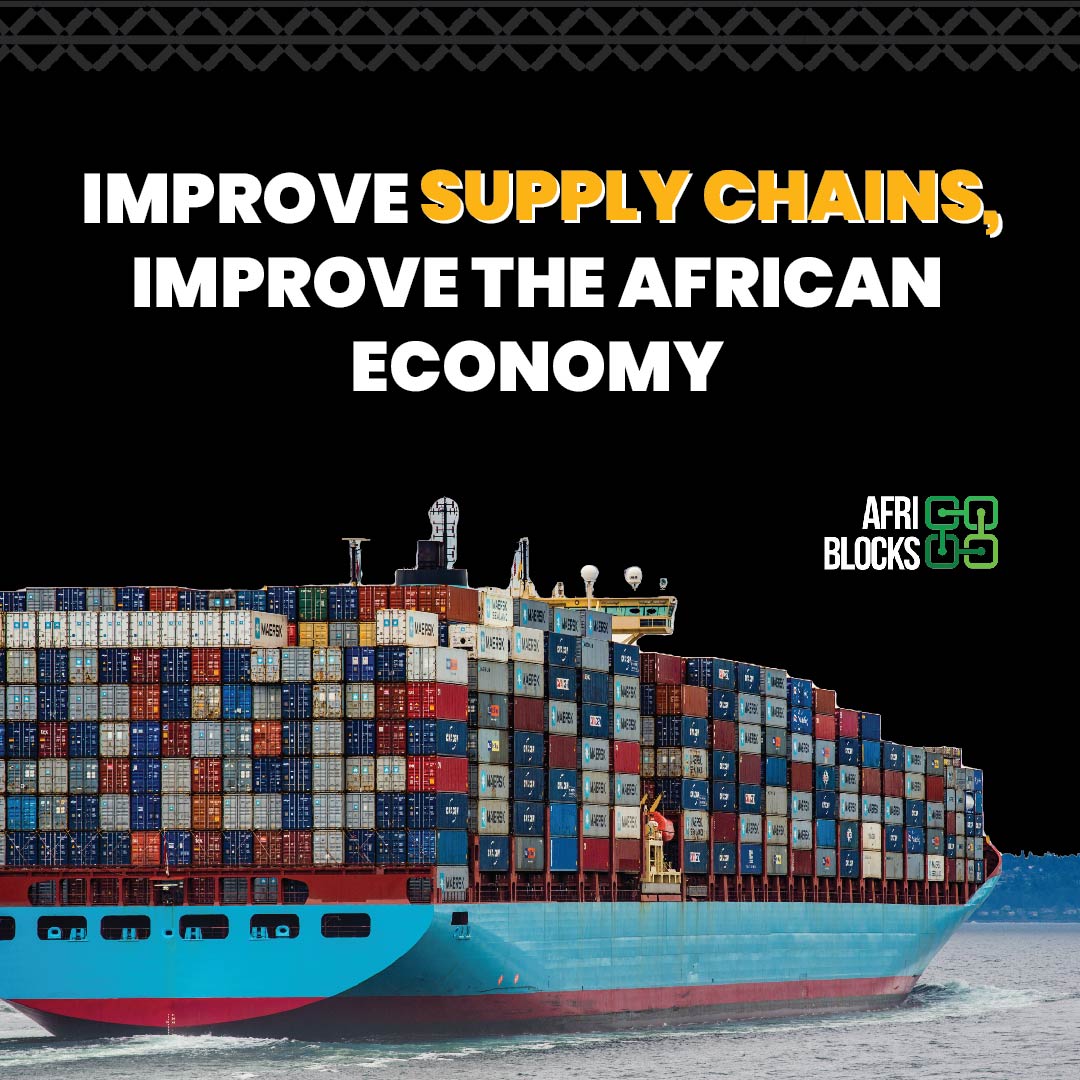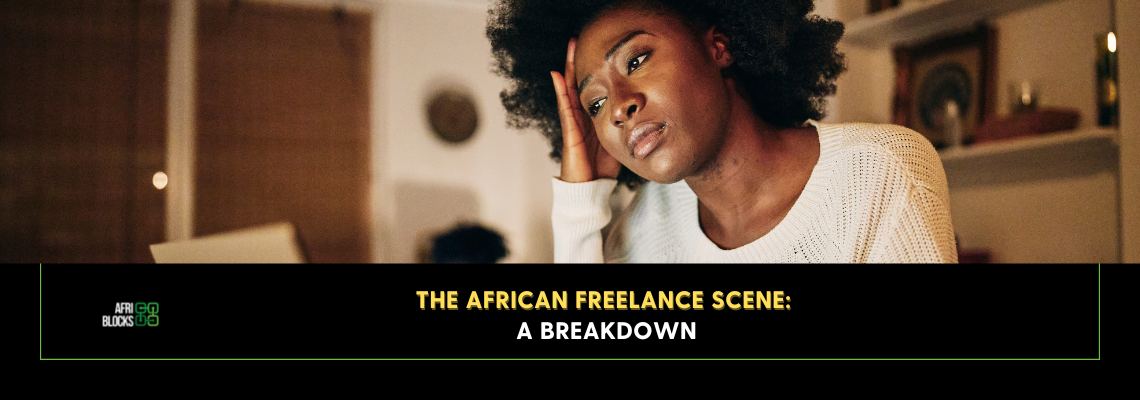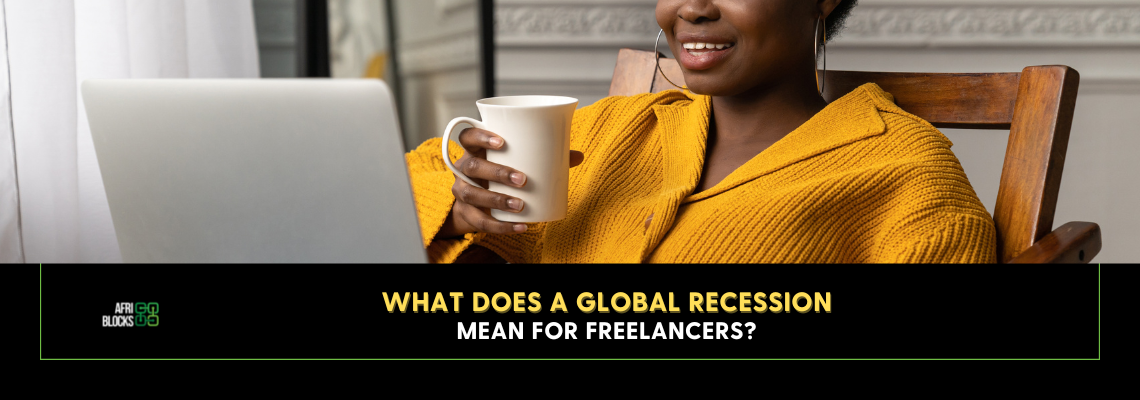
Taurai Minodawafa
The global market has vast opportunities for freelancers in any field as the landscape of work has seen a shift over the last decade or so. For many people, the internet has become a tool that connects them to the best talent for the work they need done, crossing barriers that would have been difficult without the internet. Geography, language and other similar barriers are no longer determining factors when it comes to making decisions about who to employ. Instead, there is more focus on the skills that a person possesses and whether the potential employee fits in with the kind of culture that is being built. It is in this way that freelancers have found opportunities to work on projects across the world in various capacities, a method that demands that one steps out of the bubble.
For Garikai Jenje, a freelance software developer with AfriBlocks, freelance work means having the ability to connect with markets and clients from across the globe, clients he wouldn’t have access to otherwise. Garikai has been a full stack software developer for 7 years and has worked as an AfriBlocks registered freelancer for 2. He has a diploma in Information Technology which has set the base for his career. Throughout his career, he has worked on several projects such as the backend for OK Zimbabwe’s online store and the website for Zimbabwe Diamond Company. He also worked on Access Forex, a remittance system before he turned to freelancing full time. “Freelance work gave me a chance to work on projects that I wouldn’t have had access to otherwise”, says Garikai. “I got exposure to a global market that allowed me to build an extensive portfolio that I can use to market myself anywhere in the world.”
Many professionals associate freelance work with the risk of not having a secure paycheck and rightly so. The possibility of not being able to meet your financial obligations can be daunting and when one is starting out as a freelancer, it is a possibility that is close to reality. However, when you establish your roots as a freelancer, it can prove to be a route that comes with security. A freelancer’s biggest asset is their reputation and gaining the trust of clients usually leads to exposure to more jobs. On the international scene, this exposure to different kinds of jobs in different parts of the world means that an experienced freelancer is better equipped for jobs as they have likely worked on several projects based in different parts of the world. Freelance work is “a never ending learning curve” according to Garikai, and the things one learns are always essential for their development as a professional.
Garikai says that “freelance work allowed me to get out of a bubble that had been created by the environments I had worked in previously. I didn’t realise that I was stuck in a cycle of the same ideas until I stepped out and started working with international clients.” To have experience that allows one to compete on the international market, we have to break out of the career bubbles that are, more often than not, created by the boundaries set out by the world we live in, and a freelance career might just be the key.

